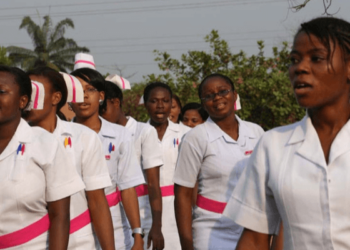Since the report of an imported case of Lassa fever in South Africa on 12 May 2022 (https://www.nicd.ac.za/imported-case-of-lassa-fever-identified/), further investigations and response activities have been conducted. The investigations revealed that the imported case had been ill while in Nigeria about 10 days prior to entering South Africa.
The case-patient sought medical attention in Nigeria but decided to fly to South Africa to seek further medical care when his symptoms persisted. He was admitted to a hospital in KwaZulu-Natal Province the same day he arrived in South Africa. Unfortunately, the man succumbed to the infection a few days after admission to hospital. Further laboratory investigations revealed that the virus identified is closely related to Lassa viruses from Nigeria that have caused the Lassa outbreaks over the last few years including this year.
Response activities identified 50 possible contacts and are being monitored. Four possible contacts presented with minor symptoms and were tested for Lassa virus as a cautionary measure; all four tested negative for Lassa. As at 20 May 2022, there have been no additional imported cases or secondary cases of Lassa fever associated with the imported case reported on 12 May 2022. In addition, there are no suspected cases of Lassa fever in South Africa at present. The risk of Lassa fever being introduced into South Africa remains low.
Even though the risk of importation to South Africa is low, healthcare workers should be on alert and maintain a high index of suspicion for any ill individual who has travelled to endemic areas where Lassa fever outbreaks have been reported. Detailed travel and exposure history should be obtained as soon as possible so that appropriate preventative measures can be adhered to.










